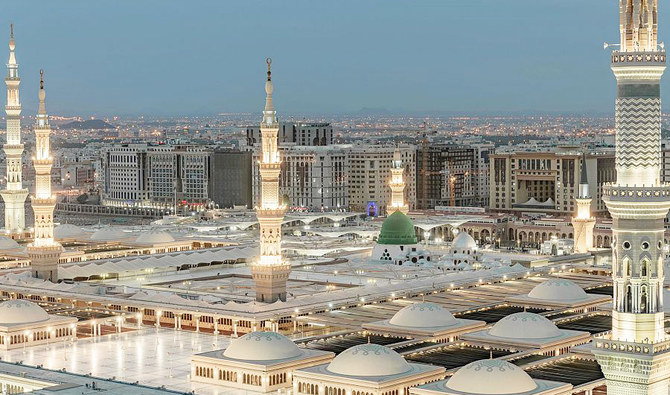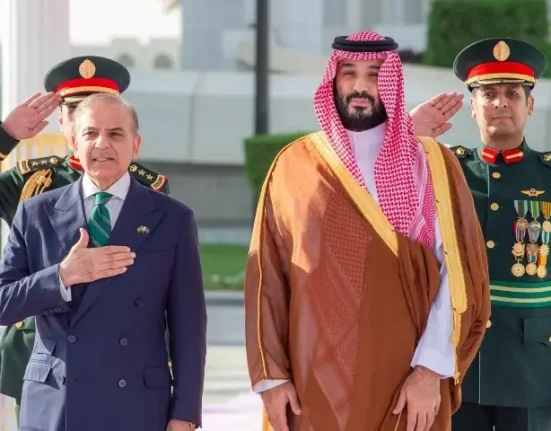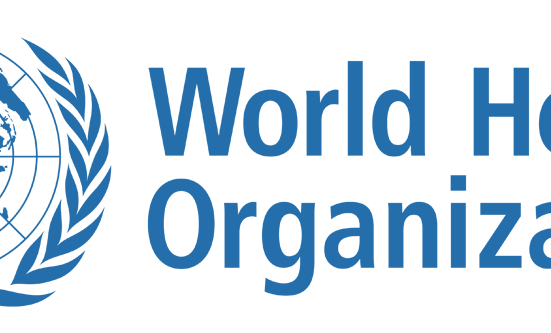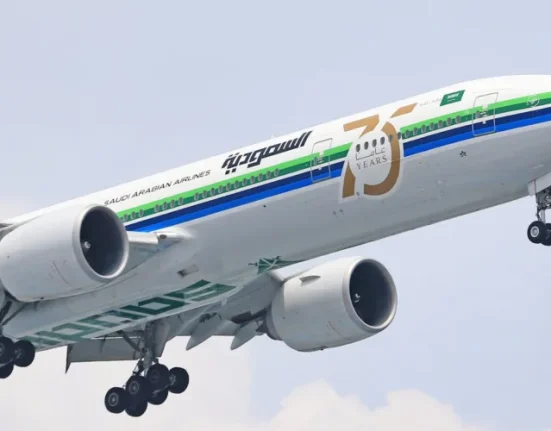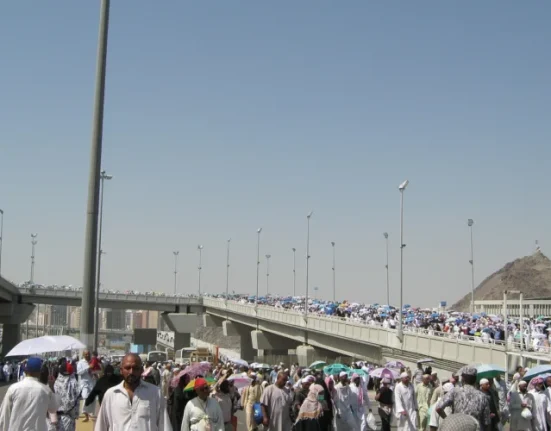The city of Madinah in the Kingdom of Saudi Arabia has once again taken centre stage on the global map after being officially re-certified as a ‘Healthy City’ by the World Health Organization (WHO), reaffirming its status as a global leader in urban health standards. This marks the second time the revered city has earned the coveted title, solidifying its position as the largest city in the Middle East with a population exceeding one million to receive the recognition not once, but twice.
The official certificate of recognition was presented to the Governor of Madinah Region, Prince Salman bin Sultan, by the Kingdom’s Minister of Health, Fahad AlJalajel, during a formal event held on Thursday. This renewed status is not merely symbolic, it represents compliance with a rigorous checklist of 80 distinct health-related criteria, spanning nine core focus areas including clean water accessibility, community engagement, public health services, food safety, and emergency response systems.
Madinah’s achievement is not accidental. It is the result of coordinated policy, local cooperation, and sustained investment in making the city a place where residents and visitors alike can live in a healthier and safer environment. The WHO’s comprehensive assessment was not limited to the presence of hospitals or health clinics; it delved into how well communities are involved in shaping health decisions, the quality of urban planning, environmental health measures, and the resilience of the city in times of public emergencies.
Prince Salman, speaking at the ceremony, stated that the renewed recognition serves as evidence of Saudi Arabia’s unwavering drive to uplift urban living standards across the board—a goal that is deeply in line with the ambitions of Vision 2030, the Kingdom’s national blueprint for socio-economic transformation. He further noted that the city’s ability to maintain its WHO certification over the years is a testament to consistent effort and commitment at all administrative levels.
Since Madinah first secured the title in 2019, its ongoing reforms and community health programs have not slowed. Instead, they have become a model for replication across the nation. As of 2025, Saudi Arabia now boasts a total of 16 cities that have achieved WHO’s healthy city certification, including Taif, Tabuk, Riyadh Al-Khubra, and Sharurah, each demonstrating the growing footprint of health-forward urban development.
What makes this feat even more significant is the holistic approach taken. Beyond hospitals and clinics, Saudi Arabia’s strategy includes support for small-scale businesses, economic inclusivity, environmental sustainability, and inter-sector collaboration. The idea is clear: a truly healthy city must be one where people can not only receive care when they fall ill but live in conditions that prevent illness in the first place, socially, economically, and environmentally.
With this latest recognition, Madinah is not just setting a local or regional example, but becoming a global standard for what a healthy modern city should look like. For the Kingdom, it’s more than a title, it’s proof that long-term investments in well-being and inclusive development are beginning to yield international respect and meaningful, on-the-ground impact for citizens.

